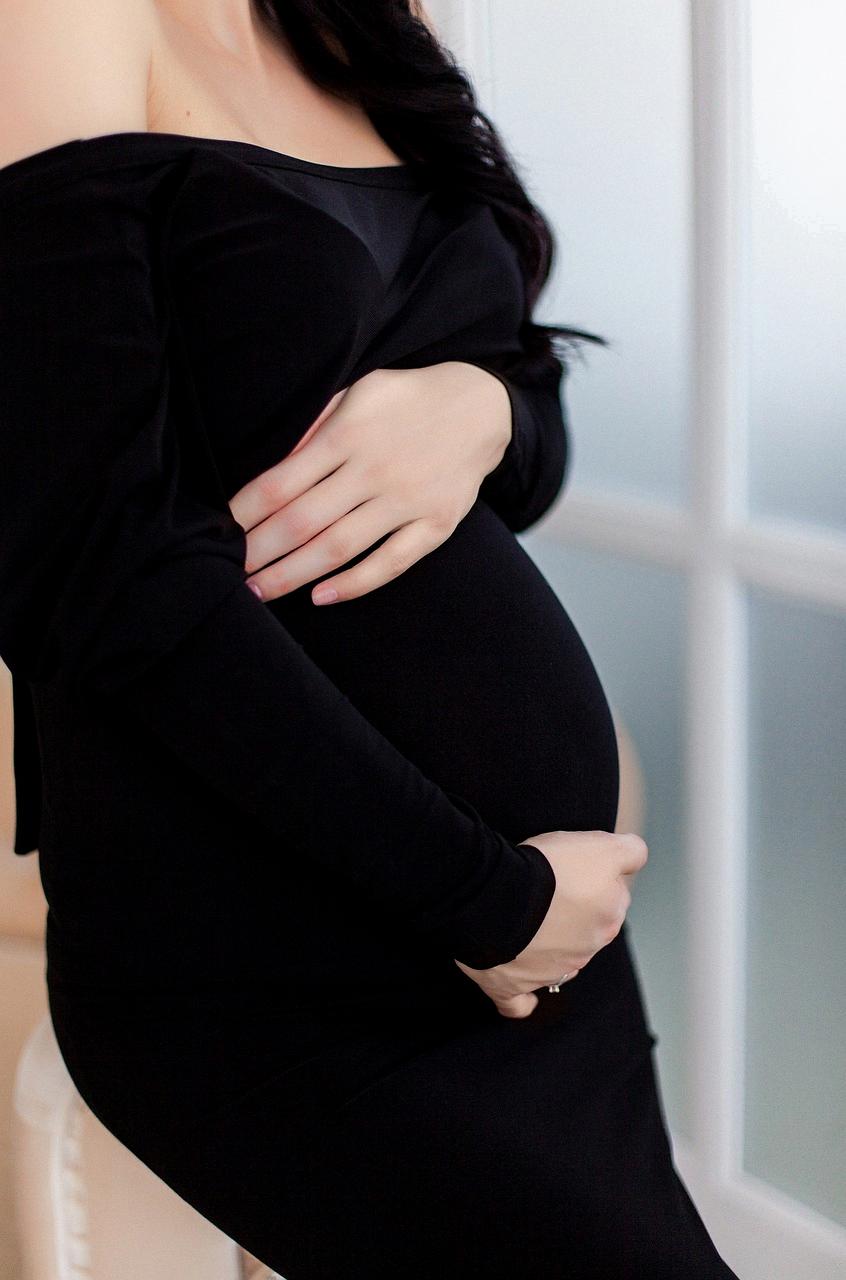During pregnancy, a woman’s body undergoes numerous changes to accommodate the developing fetus. One important change that many women experience is related to their bladder function. The growing fetus takes up more space within the abdominal cavity, putting pressure on surrounding organs, including the bladder.
This increased pressure can lead to a sense of fullness and discomfort in the pelvic area. As the baby grows, the bladder may have less room to expand fully, resulting in a reduced storage capacity. This means that pregnant women may find themselves making more frequent trips to the bathroom than usual.
Additionally, hormonal changes during pregnancy can also influence bladder function. The hormone relaxin, which helps prepare the body for childbirth by loosening ligaments, can also impact the muscles of the bladder and urinary system. This could potentially lead to issues such as urinary incontinence or difficulties fully emptying the bladder.
Women may also be more susceptible to urinary tract infections (UTIs) during pregnancy. The combination of hormonal changes, increased pressure on the bladder, and changes in the urinary tract make pregnant women more prone to developing UTIs. It is essential for pregnant women to stay well-hydrated and to practice good hygiene to reduce the risk of infections.
As the pregnancy progresses and the uterus grows larger, the pressure on the bladder continues to increase. This can result in even more frequent bathroom trips, especially during the later stages of pregnancy when the baby is pressing more directly on the bladder.
Some women may also experience a condition known as urinary retention during pregnancy, where they have difficulty fully emptying their bladder. This can be due to the pressure on the urinary tract or changes in muscle tone, and it may require medical intervention to prevent complications.
It is important for pregnant women to pay attention to their bladder health and seek medical advice if they experience any concerning symptoms. Issues such as pain during urination, blood in the urine, or persistent urinary urgency could indicate a more serious problem that requires treatment.
Practicing pelvic floor exercises, also known as Kegels, can help strengthen the muscles that support the bladder and improve bladder control during and after pregnancy. These exercises are safe for most pregnant women and can be beneficial in preventing or managing urinary incontinence.
Overall, pregnancy can have a significant impact on bladder function for many women. Understanding these changes and taking steps to support bladder health can help pregnant individuals navigate these challenges more comfortably and confidently.
By staying informed about the effects of pregnancy on the bladder and seeking appropriate care when needed, women can better manage any urinary issues that arise during this transformative period in their lives.

